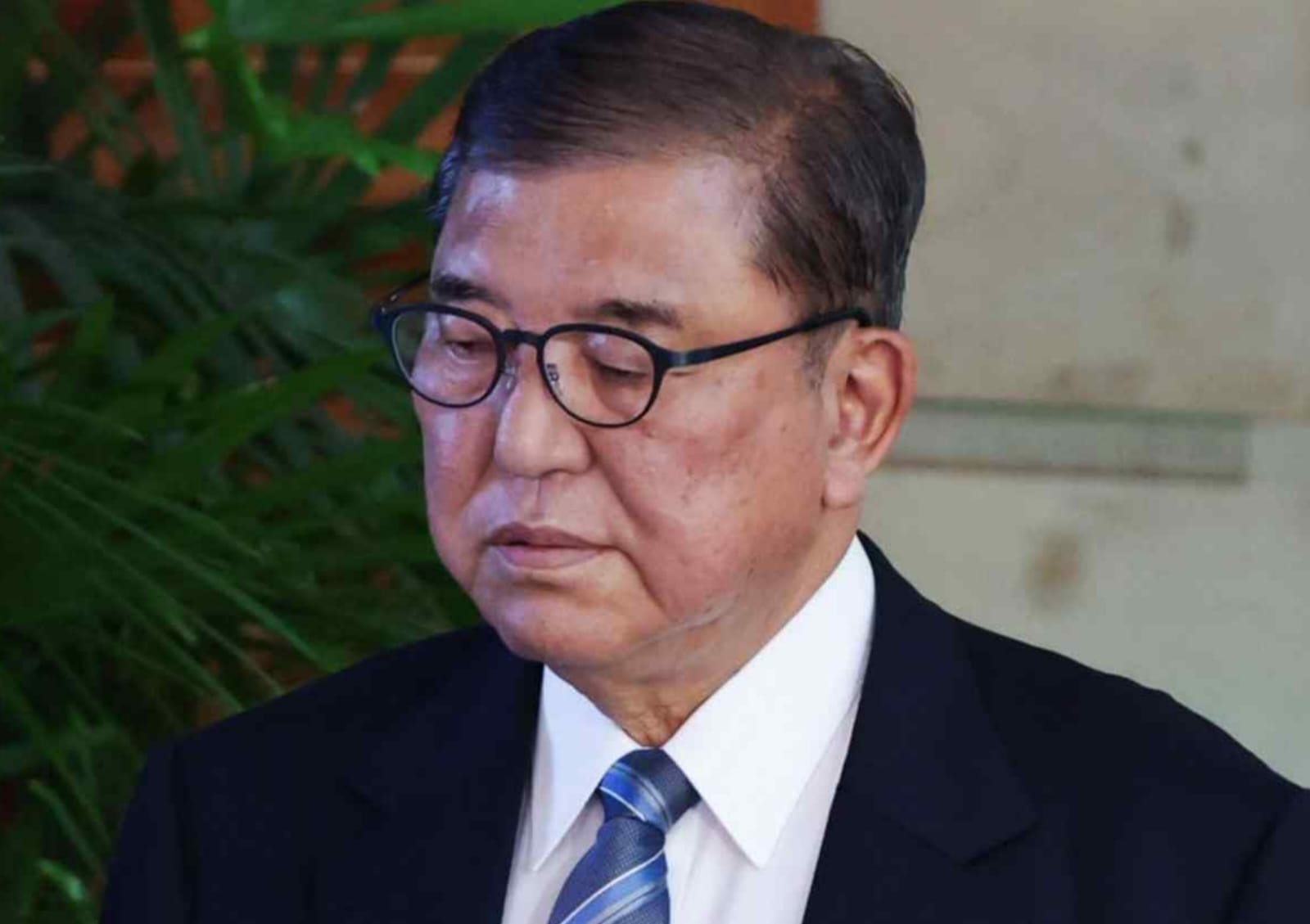
Prime Minister faces mounting pressure to resign after coalition loses parliamentary majority
Japanese Prime Minister Shigeru Ishiba finds himself at a critical crossroads, with his political survival now directly tied to the outcome of trade negotiations with the United States. Following a devastating electoral defeat that saw his ruling coalition lose its majority in both houses of parliament for the first time since 1955, Ishiba has indicated he will decide on his resignation after thoroughly examining the recently announced U.S.-Japan trade agreement.
The political earthquake struck during Sunday's upper house elections, where Ishiba's Liberal Democratic Party (LDP) and its coalition partner Komeito secured only 47 of the 125 contested seats, falling short of the 50 needed to maintain governing control. This historic loss has left the ruling coalition with just 122 total seats in the 248-member upper house, marking an unprecedented weakness in Japan's post-war political landscape.
President Donald Trump's announcement of what he called a "massive" trade deal with Japan has provided Ishiba with a potential lifeline, albeit a temporary one. The agreement includes a 15% reciprocal tariff on Japanese goods down from an initially threatened 25% and promises $550 billion in Japanese investment into the United States. Trump claimed the deal would create "hundreds of thousands of jobs" and represents "perhaps the largest deal ever made."
For Ishiba, the trade agreement offers both vindication and an exit strategy. The embattled prime minister has consistently argued that avoiding a political vacuum during crucial U.S. negotiations was essential for Japan's national interest. "I will stay in office and do everything in my power to chart a path toward resolving these challenges," he declared Monday, emphasising his intention to speak directly with Trump and deliver tangible results.
However, the completion of trade talks appears to have cleared the path for his departure. Japanese media reports suggest Ishiba is expected to announce his resignation by the end of August, with the Yomiuri newspaper indicating he plans to visit Washington by month's end for direct talks with Trump before stepping down.
The electoral defeat reflects deeper currents of discontent within Japanese society. Voters, particularly younger demographics long neglected by the LDP's focus on senior citizens, expressed frustration with rising prices that have outpaced wage increases. This sentiment has benefited emerging populist parties like Sanseito, which increased its representation from two to 15 seats by promoting "Japan first" policies reminiscent of Trump's MAGA movement.
Sanseito's platform includes stricter immigration controls, opposition to "globalism," and scepticism toward international climate commitments, themes that have gained traction amid economic uncertainty. The party's rise, founded just five years ago on YouTube, demonstrates how anti-establishment sentiment has finally penetrated Japan's traditionally stable political system.
With approval ratings plummeting to just above 20% historically considered a danger zone for any Japanese administration Ishiba faces growing pressure from within his own party to resign immediately. The loss of parliamentary majorities in both houses makes it nearly impossible for his government to advance any meaningful policy agenda, further undermining his position.
As Japan grapples with its most significant political crisis in decades, the post-Abe consensus that has governed the country appears definitively fractured, leaving the nation's political future uncertain and ripe for renegotiation.